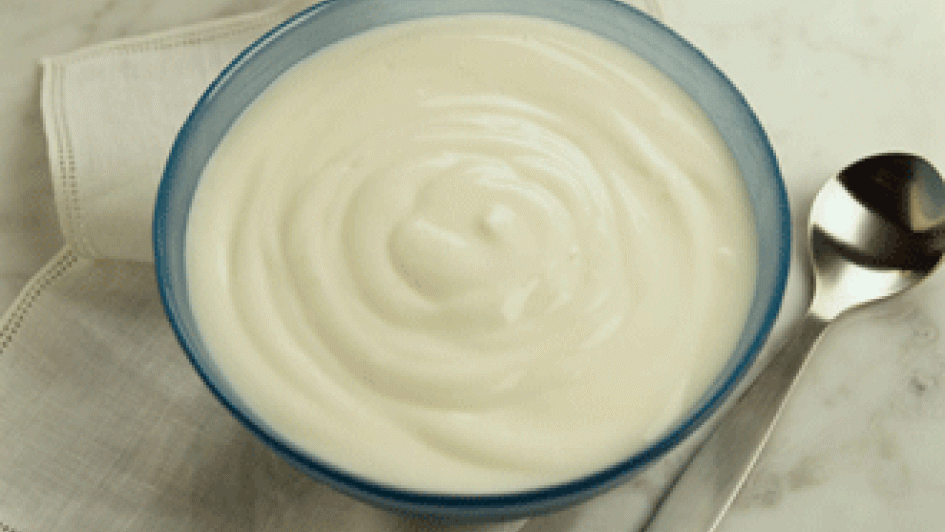5 Natural Tips to Manage IBS

Published
Irritable bowel syndrome (IBS) is an increasingly common functional gastrointestinal disorder that is recognized this month for IBS Awareness Month. It is described as a “functional” disorder because it results in functional abnormalities in the gastrointestinal (GI) system, as opposed to structural abnormalities.
IBS is diagnosed by your doctor based on certain criteria. There are no lab tests or diagnostic imaging techniques necessary, although your doctor may order labs and imaging to rule out other gastrointestinal conditions that may present like IBS.
Patients with IBS often complain of chronic and/or recurrent abdominal pain, which may or may not be associated with eating, stress, alcohol intake and smoking. Changes in bowel habits also are common. While some individuals experience constipation, others experience diarrhea predominantly. Some individuals experience both. One characteristic of IBS is that that abdominal pain is typically improved by bowel movements.
Here are a few tips for better managing your IBS symptoms:
- Stress reduction: Simple stress reduction strategies such as meditation, yoga, breathing techniques and exercise can reduce abdominal pain. This can be especially helpful if your IBS pain is associated with eating. Try taking five minutes before each meal to sit quietly and focus on your breathing. Eat slowly and mindfully.
- Diet: Consult your doctor if you think there is a connection between particular foods and your symptoms. There may be an underlying food trigger. In general, increasing your fiber intake by eating fresh fruits and vegetables is a good idea. Not only does fiber slow down the processing of food, but it also helps to feed the hundreds of different species of beneficial bacterial living in your gut. This may improve symptoms of IBS, including diarrhea and constipation.
- Probiotics: These microbes play key roles in our digestion, metabolism and absorption of food particles and nutrients. They also help to maintain the integrity of the walls of our GI tract so that only certain things are absorbed into the body. Supplementing with probiotics can help to restore GI function, reduce gas and improve bowel regularity. You can also get probiotics by eating fermented foods such as yogurt, kefir, miso and kimchi.
- Antibiotics: Stay away from antibiotics unless they are truly necessary. In addition to destroying the “bad” bacteria, antibiotics also destroy the “good” bacteria and may worsen GI function. Be sure to take probiotics anytime you take antibiotics; alternate so that you take them a few hours apart.
- Supplements: Other supplements that have offered IBS patients some relief include peppermint tea or oil (in capsules) and marshmallow root and/or slippery elm bark extracted in room temperature water.
To learn more about IBS, make an appointment at Bastyr Center for Natural Health at 206-834-4100.
– Jamie Corroon, ND, naturopathic physician and resident at Bastyr Center for Natural Health, the teaching clinic of Bastyr University.

